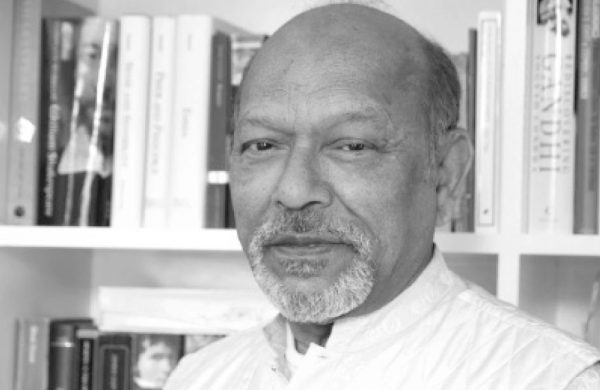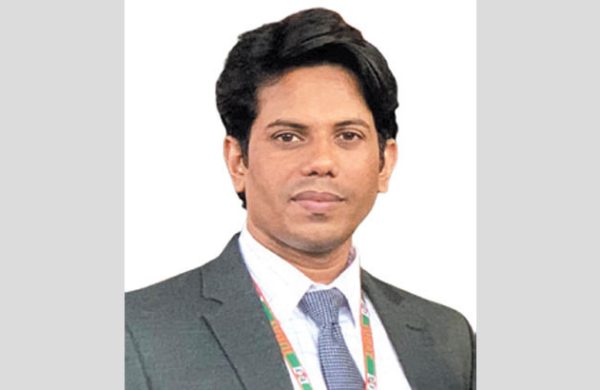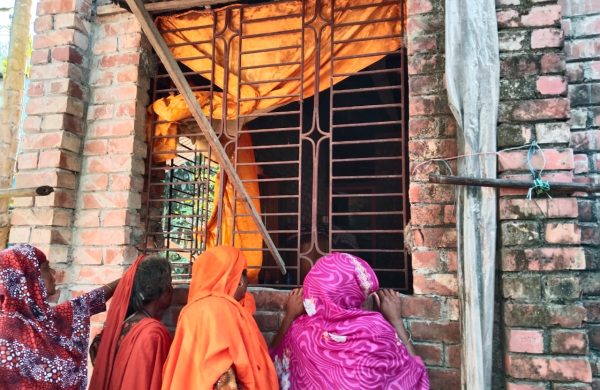Govt must be more firm in fulfilling its responsibilities
- Update Time : Sunday, July 20, 2025

—Gaziul Hasan Khan—
The rise or fall of any political party or its affiliated organizations cannot be prevented by the use of force or through instilling fear. Politics is essentially a field dependent on public opinion, where undemocratic or unethical use of power does not help the public reach a rational conclusion or decision. Rather, when force is used unilaterally outside the will or consent of the people, it directly or indirectly leads to autocracy or fascism.
Democracy is inherently tied to the freedom of expression for the general public. Any democratic system functions as a bridge between the people and the government. If a government or political party becomes detached from its people, then a series of unwanted incidents begins to unfold in society, disrupting peace, order, and human rights. This gives rise to undemocratic and sinister forces. Every government and responsible political party must understand these fundamental truths.
Recently, a chaotic incident in Gopalganj during the newly formed National Citizens’ Party’s “July March” and public gathering has sparked widespread discussion and criticism of the activities of the current interim government, the Citizens’ Party, and the temporarily banned Awami League and its student wing, Chhatra League. This incident triggered intense debate across various mainstream and social media platforms, and the discourse continues.
The first and foremost question is — how did the government grant permission for such a politically sensitive event in Gopalganj, a politically delicate region, led by anti-discrimination student-youth activists under the banner of the Citizens’ Party? What intelligence did the government and local administration have about the local conditions? If they had any, what arrangements were made to ensure the safety of the leaders, activists, and participants? How did large-scale attacks and vandalism by the banned Awami League and Chhatra League occur, resulting in the deaths of four people?
Reports from various media outlets suggest that the banned Chhatra League and Awami League activists had made large-scale preparations to thwart the Citizens’ Party’s rally. After all, it was this anti-discrimination student movement that led to the fall of the fascist Awami League, the formation of the Citizens’ Party, and even the destruction of the historic house at Dhanmondi 32, which was associated with Awami League’s founder Sheikh Mujibur Rahman. It’s perhaps unimaginable to the Awami League and its student wing that rallies would be held in Mujib’s birthplace, Gopalganj. Was the government, its security forces, or the Citizens’ Party aware of such threats beforehand? It doesn’t seem so.
During last year’s July-August mass uprising, fascist Awami League’s then Prime Minister Sheikh Hasina, home minister Asaduzzaman Kamal, and others ordered indiscriminate shooting on unarmed student protesters, with Chhatra League directly participating alongside police and security forces. That is why Awami League and Chhatra League are now temporarily banned, and those involved in the killings are to be brought to justice. Arrest warrants exist for many of them, some of whom have fled to India while others are reportedly hiding in strongholds like Gopalganj.
In the broader interest of national security, how many of these accused have the government’s forces managed to arrest? Before the planned rally in Gopalganj, what kind of intelligence did the government have on the accused? If they did know and still failed to act in time, they must be held accountable. Otherwise, suspicions of conspiracy and negligence will grow.
It is absolutely necessary to bring the crimes of Awami League and Chhatra League to justice through a legal process, and such verdicts must come from the country’s highest courts. Though the newly formed Citizens’ Party enjoys strong support and sympathy from the educated youth, other political parties may not share the same sentiment.
Some believe that due to corruption and extortion, BNP is rapidly losing public support and is eager for quick elections. Others argue that the Citizens’ Party needs more time to organize and are not yet ready for elections. They prefer judicial and systemic reforms first. These differences in strategy between the two camps are understandable, but not insurmountable — because national interest should take precedence over party disputes.
It was on July 16 last year that Abu Saeed, a fearless student from Rangpur, was martyred by bullets fired by the barbaric forces of fascist Hasina. To commemorate that day and mark the anniversary of the student uprising, the Citizens’ Party launched a political program involving a march and rally starting from that region and heading toward Gopalganj to strengthen their southern organizational activities. Their aim was to make the July-August uprising truly memorable and to press the government and political parties to declare a “July Charter” immediately.
However, due to the incompetence and inefficiency of the government, law and order could not be maintained. As a result, activist Sohag was brutally killed in Mitford. Soon after, the banned Awami League and Chhatra League launched an organized attack on the Citizens’ Party’s Gopalganj march and rally. The government’s “helpless security advisor” failed to take effective preventive measures, allowing repeated armed attacks and vandalism by Chhatra League thugs. This eventually led the authorities to impose Section 144 and, finally, declare a curfew to control the situation.
Naturally, these events have raised serious doubts among the public about whether the current government can ensure a peaceful and safe upcoming election. Political parties may hold different opinions on elections — that is not undemocratic. The problem lies in the interim government’s inability to demonstrate firmness or competence. There has been no effective collective initiative from political parties either. But is this failure solely the responsibility of the student movement leaders? Were other political leaders and activists not involved?
If, during the remaining tenure of this government, the spirit of July-August and the desire for radical change is lost, then the dream of building a “New Bangladesh” will be reduced to an empty political slogan. The country may once again slide into chaos. If a post-uprising government loses its direction and moral compass, then not only will national security and law enforcement deteriorate, but our hard-earned independence and sovereignty may also be jeopardized — and that will serve no one’s interest.
———————————————————————–
Author: Former Chief Editor and Managing Director, Bangladesh Sangbad Sangstha (BSS) [email protected]



















